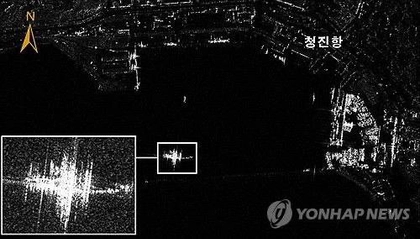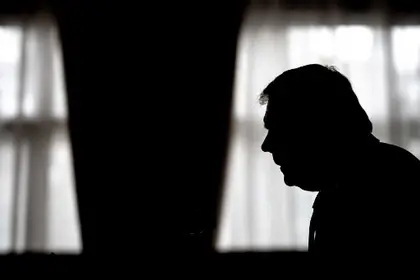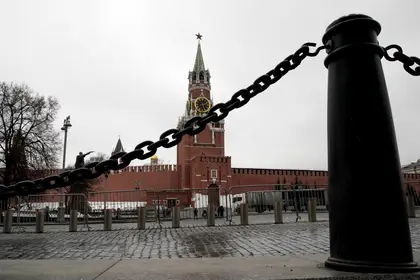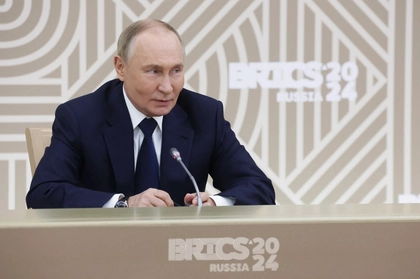Russia stayed away Thursday, Oct 20, from a UN committee raking over the human rights situation in the country, having sought a postponement citing logistical and technical difficulties.
The United Nations Human Rights Committee had been due to come face to face with Russian delegates at a public meeting over two days, in what is meant to be a process aimed at constructive improvement.
JOIN US ON TELEGRAM
Follow our coverage of the war on the @Kyivpost_official.
The body of 18 independent experts monitors implementation of the International Covenant on Civil and Political Rights by its state parties and conducts regular country reviews.
The meeting had already been postponed twice. It was originally scheduled to take place on March 3 and 4 — shortly after Russia invaded Ukraine on February 24 — but was postponed until July and then again to this week.
Moscow requested another delay, but this time without success.
“We have repeatedly informed the committee that due to the continuing logistical and technical difficulties, the Russian delegation cannot be present during the consideration of the report,” a spokesman for the Russian mission in Geneva told AFP.
“In this regard, we have asked the committee to postpone its consideration to a later date.
“However, the committee refused our request and decided to consider the Russian report in the absence of the national delegation.”
During the session, committee members voiced serious concerns about the rights situation in the country.

Up to 12,000 North Korean Troops Transferred to Russia, Satellite Images Show
“I regret that the Russian Federation hasn’t sent a delegation to respond,” said expert committee member Marcia V. J Kran of Canada.
“We observe a disturbing trend of legal action against politicians who criticise the government,” she said.
“We also have a serious concern about the use of sophisticated, state-developed poisons to silence, punish and kill at least a dozen prominent dissidents, opposition leaders and activists in the past decade.”
Tunisian expert Yadh Ben Achour said there were documented cases of torture and also denounced the significant amount of hate speech.
That, he said, was sometimes accompanied by violence, targeting migrants, especially Muslims, but also LGBTQ people, Roma — and Ukrainians, particularly since Russia’s annexation of the peninsula.
Photini Pazartzis, chair of the committee, said Russia had 48 days to provide any information it wished in writing.
Friday’s planned second session was cancelled given Moscow’s absence.
Speaking earlier Thursday to journalists, Russia’s ambassador to the UN in Geneva outlined his country’s vision regarding its participation in UN forums.
“The United States and their allies are trying to hamper our participation and the work of international organisations, but this will not happen because we will continue,” Gennady Gatilov said.
“A number of like-minded countries will support our opposition.”
The Human Rights Council — from which Russia was ousted following its invasion of Ukraine — had become “more and more politicised”, he said.
You can also highlight the text and press Ctrl + Enter






